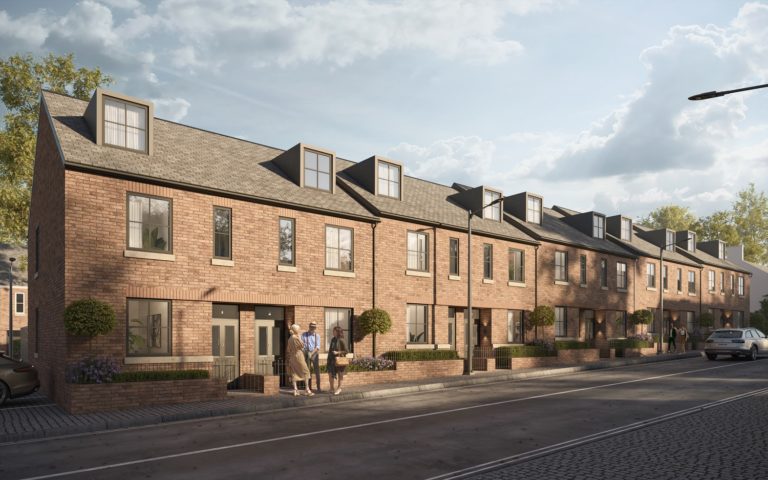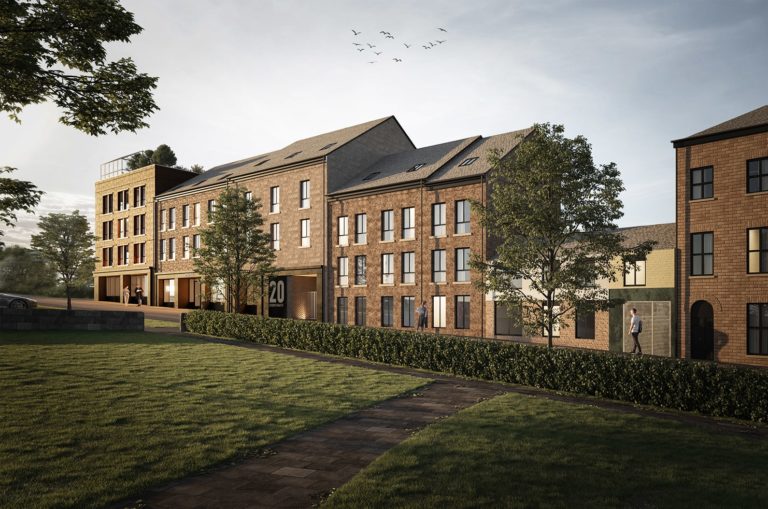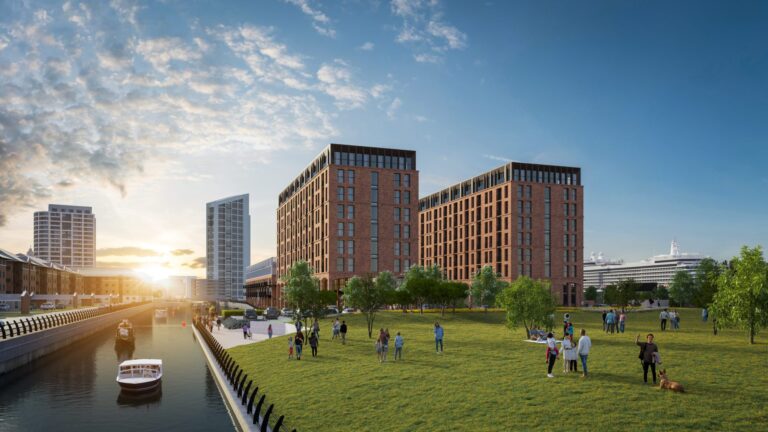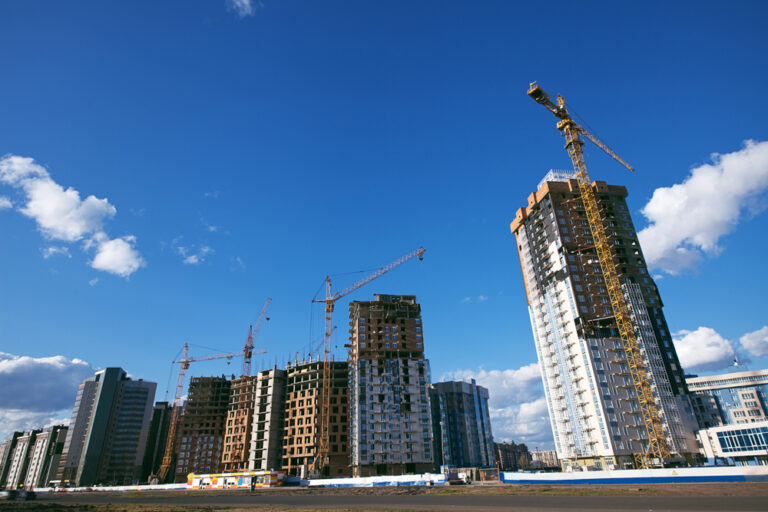The UK lockdown would have been a very different experience without technology. Now as the housing market continues to adapt, smart home advancements will be important for future developments.
Flexibility has been a key part of survival through the coronavirus pandemic. This applies to most sectors and industries as the landscape has fluctuated over the past six months. In housing, there have been multiple measures and new guidelines, but overall the sector has continued to operate relatively strongly.
On the development side, a new report from Knight Frank shows how it is highly likely that new buildings will need to adapt to the ‘new normal’. Trends that were already well underway, such as smart home technology, have accelerated.
Property developers are thinking in new ways
In the report, 44% of developers surveyed said they were changing the designs of their developments. What’s more, 63% said their sales would be more geared towards virtual offerings, 3D images and walk-throughs.
Technology is now at the forefront of many developers’ plans. Compared to pre-coronavirus, 77% of developers are now more likely to consider ‘advanced technology’ in their products. This includes things like telecommunications, internet connectivity and touch-free technology.
Interestingly, despite reports of many people opting to move to more rural locations, this is not necessarily a primary focus for developers. Going forward, 45% said they would look to develop more in cities. Just 5% will focus on rural locations, while 9% will prioritise second homes as a sector. The remaining 41% said they would now be looking at a mixture of development locations.
Home-working continues to dominate
As thousands of people continue to work from home, many companies are seeing this as a permanent change. Therefore, employees are likely to be looking for homes that accommodate this, now more than ever.
Aside from the big drive towards technology that enables home-working, developers are also looking at space. Three quarters (75%) are more likely to consider creating home offices in future building projects. A further 54% are also more likely to now try to build in outside space.
The advent of cycling has also changed the way spaces are planned. Almost two fifths (38%) of developers will look at adding facilities for bicycles. This compares to just 17% who will consider parking space availability in future builds.
As people are likely to continue to spend more time than ever in their homes, it is inevitable that what they expect from their spaces will change. Smart home technology is likely to become much more appealing to make people’s lives easier. This will apply to both communal areas and flats, as well as those living in larger homes. Likewise, renting tenants as well as homeowners will have new requirements from their homes.
Plan for the future, not for now
While it is tempting to react quickly to current events, looking to the future is still the best strategy. This is the message from John Mulryan of European developer Ballymore.
He says that, while we will remember the lockdown experience for many years, we must be careful “not to overreact to current circumstances”.
“Social distancing is unlikely to be a thing forever – the world won’t function indefinitely along these lines,” he comments. “We are looking at touchless technology in terms of lifts but I think that this may be ‘of the moment’ and not a long-term trend.”
“What will remain is the need for excellent management and maintenance to ensure the building is being cleaned properly.”
Cities will regain their appeal
He also believes that the new ‘lifestyle’ trend emerging of people eschewing cities for more rural locations will be short-lived. Despite the increase in home-working, and decrease in the ‘need’ to be close to work, there are many reasons why cities will remain a hugely popular place to live.
“Over the last 20-30 years we have seen a great amount of urbanisation,” says John Mulryan. “It will be interesting to see whether that trend reverses. The reasons for living in a city, being closer to work, cultural and nightlife activities etc. have not all been relevant during the pandemic.
“All of the reasons for living in rural locations, more space and closer to nature, have all been especially poignant.
“However, as cities reopen, and people remind themselves of why they live in cities, then I think we won’t see the reversal of the trend.”









